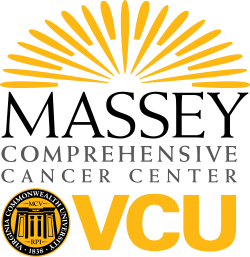
Dr. Geyer on the Rationale for the KATHERINE Trial in HER2-Positive Breast Cancer

Charles E. Geyer, Jr, MD, professor of medicine, Virginia Commonwealth University School of Medicine; associate director for clinical research and Harrigan, Haw, Luck Families chair in Cancer Research, Massey Cancer Center, discusses the rationale and results of the phase III KATHERINE trial in HER2-positive breast cancer.
Charles E. Geyer, Jr, MD, professor of medicine, Virginia Commonwealth University School of Medicine; associate director for clinical research and Harrigan, Haw, Luck Families chair in Cancer Research, Massey Cancer Center, discusses the rationale and results of the phase III KATHERINE trial in HER2-positive breast cancer.
At the 2018 San Antonio Breast Cancer Symposium, Geyer presented the results of the phase III study of ado-trastuzumab emtansine (T-DM1; Kadcyla) versus trastuzumab (Herceptin) as adjuvant therapy. The study was done in patients with HER2-positive early breast cancer with residual invasive disease after neoadjuvant chemotherapy and HER2-targeted therapy, including trastuzumab.
Ado-trastuzumab emtansine reduced the risk of invasive disease recurrence by 50% versus trastuzumab. At the interim analysis, the hazard ratio of 0.50 prompted investigators to publish the results in the New England Journal of Medicine. The primary endpoint of the study was invasive disease-free survival (iDFS). Moreover, the 3-year iDFS rate was 88.3% with T-DM1 compared with 77.0% with trastuzumab. Though additional follow-up is needed, the results represent a new standard for patients with early HER2-positive breast cancer and will likely increase the use of neoadjuvant therapy, says Geyer.




































